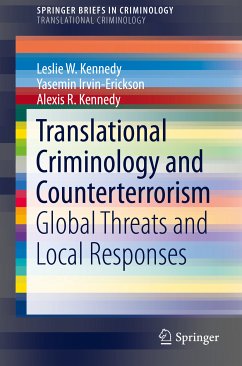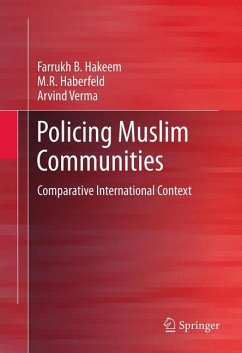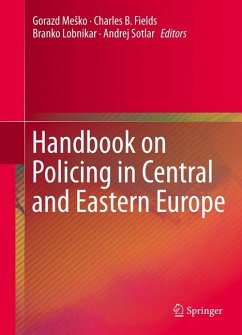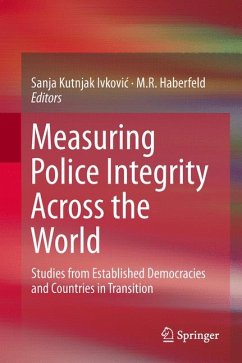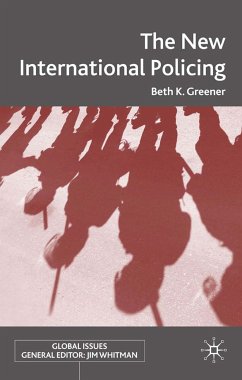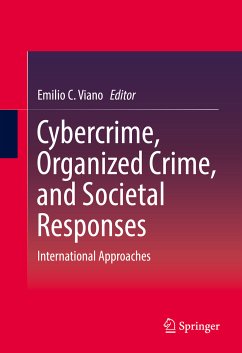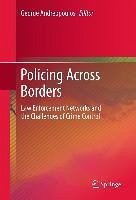
Policing Across Borders (eBook, PDF)
Law Enforcement Networks and the Challenges of Crime Control
Redaktion: Andreopoulos, George
Versandkostenfrei!
Sofort per Download lieferbar
72,95 €
inkl. MwSt.
Weitere Ausgaben:

PAYBACK Punkte
36 °P sammeln!
Globalization has had a sharp impact on the definition of 'national security,' as the interconnectedness of many threats calls for them to be addressed at the national and global level simultaneously. Law enforcement efforts must increasingly include elements of international and transnational communication and cooperation. Police forces in different countries must find common ways to share data and track international crime trends. This timely work analyzes key challenges confronting the law enforcement community, with regards to international crime, particularly illegal trafficking and terro...
Globalization has had a sharp impact on the definition of 'national security,' as the interconnectedness of many threats calls for them to be addressed at the national and global level simultaneously. Law enforcement efforts must increasingly include elements of international and transnational communication and cooperation. Police forces in different countries must find common ways to share data and track international crime trends. This timely work analyzes key challenges confronting the law enforcement community, with regards to international crime, particularly illegal trafficking and terrorism. The contributions in this volume are the result of a series of workshops that brought together international law enforcement officials, researchers, and representatives from intergovernmental organizations (IGOs) and non-governmental organizations (NGOs), to examine the need for international police cooperation, the specific challenges this presents, and to propose solutions. This work will be of interest to researchers in law enforcement, criminal justice, crime prevention, and international relations.
Dieser Download kann aus rechtlichen Gründen nur mit Rechnungsadresse in A, B, BG, CY, CZ, D, DK, EW, E, FIN, F, GR, HR, H, IRL, I, LT, L, LR, M, NL, PL, P, R, S, SLO, SK ausgeliefert werden.




